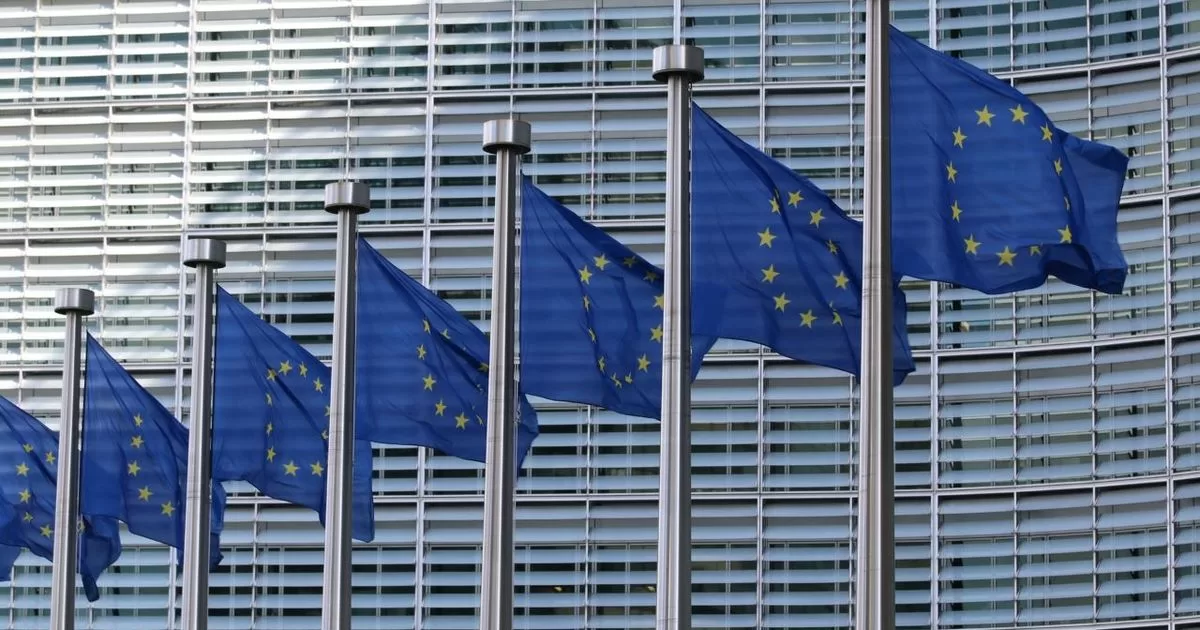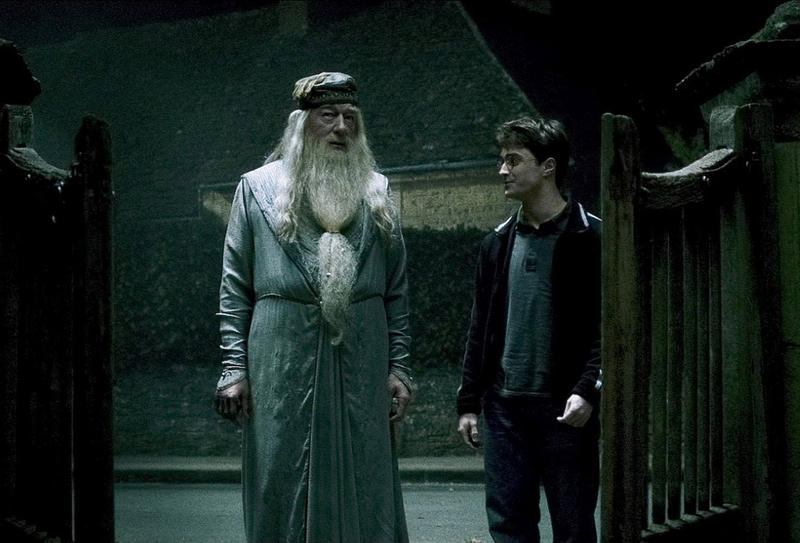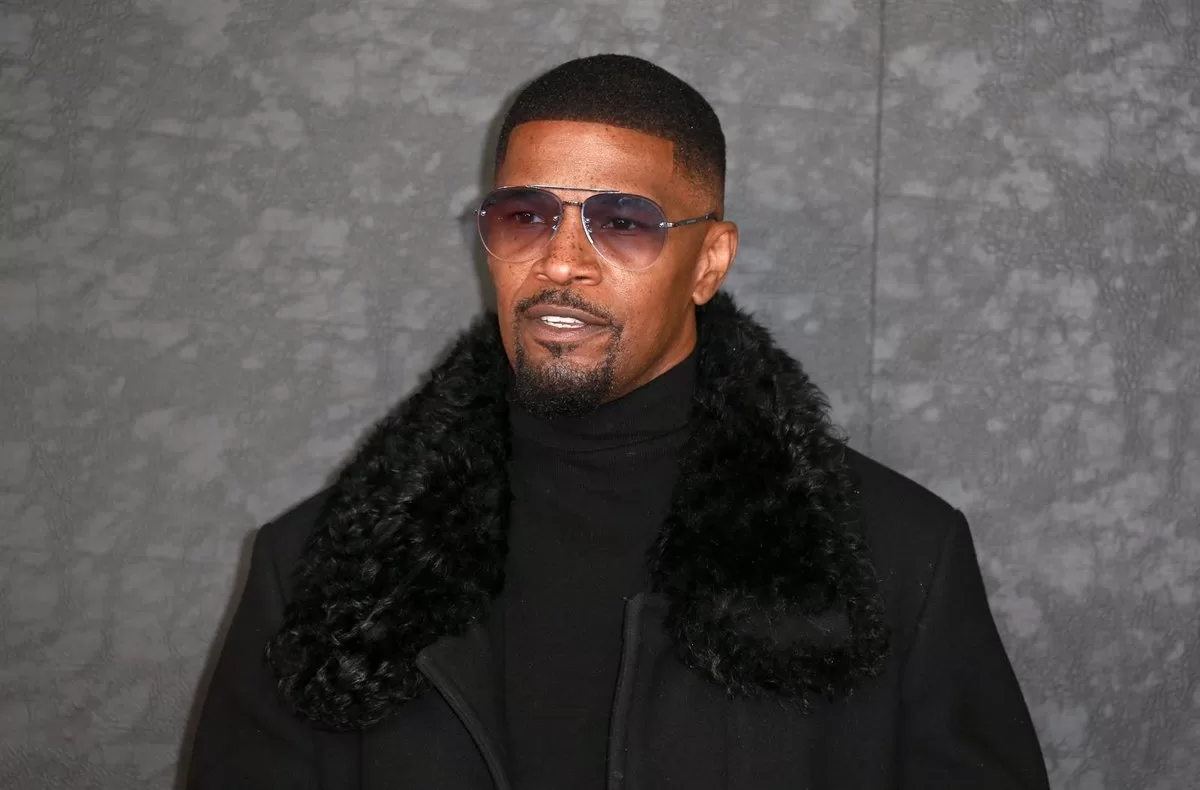MADRID.- The European Union This Tuesday, he reaffirmed his call to the Venezuelan authorities to guarantee the holding of inclusive and competitive presidential elections on July 28. Furthermore, he expressed his willingness to consider sending an electoral observation mission if the necessary conditions are met.
Likewise, the European Union warned the regime of Nicolas Maduro on the need to guarantee impartiality in the presidential elections, especially after the disqualification of Maria Corina Machado by the Supreme Court, a decision later supported by the National Electoral Council, both organizations related to the dictator.
In this context, the European Union underlined the importance of electoral results being recognized internationally and emphasized that fair and transparent elections are essential to address the political crisis that has affected Venezuela since 2015.
The European bloc reiterated its commitment to a peaceful and democratic solution led by Venezuelans themselves, supporting the role of democratic forces and civil society in the search for civic unity that promotes democracy in the South American country.
It is important to highlight that, although the National Electoral Council of Venezuela announced the date of the elections, The European Union has not yet received a formal request to deploy observers.
In line with its commitment to democratic principles and human rights, the European Union maintains that it will continue to collaborate with the international community to promote dialogue and respect for the rule of law in Venezuela.
European Union and the challenges in Venezuela
The European Union has faced logistical and diplomatic challenges in its participation as an observer in the Venezuelan electoral process. In 2021, the organization sent an observation mission to monitor the elections of governors and mayors in Venezuela. However, the decision not to participate as an observer in the December 2020 legislative elections was due to the consideration that there was not enough time for planning and deployment of its teams.
In an attempt to persuade Venezuelan authorities to postpone the elections, the European Union requested an additional six months to prepare its observation mission. But, failing to achieve success in this effort, he chose not to deploy his teams.
In October 2023, the regime and the Venezuelan opposition held talks in Barbados, during which the participation of a European Union observation mission was one of the points agreed upon between the parties. In that case, the proximity of the elections gives the European Union just over four months to prepare and deploy its electoral observation teams.
Another aspect of controversy is the sanctions imposed by the European Union against Venezuelan officials since 2017. At the end of 2023, these sanctions were renewed for a period of six months, instead of one year, until May of this year. These measures include an embargo on weapons and law enforcement equipment, as well as visa restrictions for 54 citizens, along with the freezing of assets.
Source: With information from Europa Press



